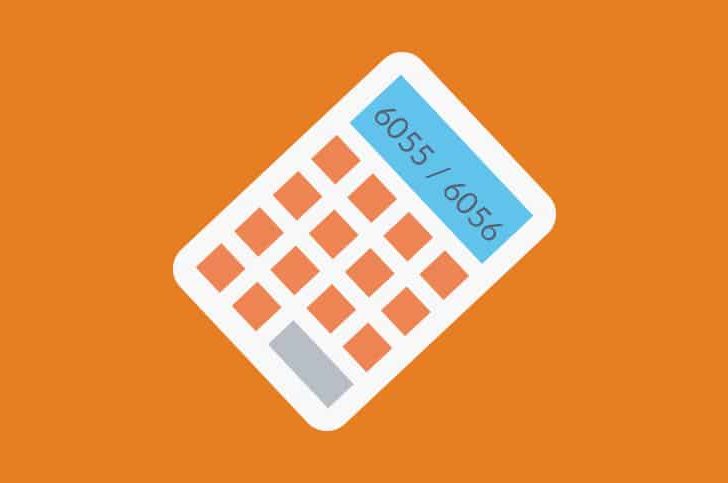6055 and 6056 Reporting Deadlines Delayed
By The Bailey Group Marketing
Published December 29, 2015

On Dec. 28, 2015, the Internal Revenue Service (IRS) issued Notice 2016–4 to delay the due dates for filing and furnishing forms under Section 6055 and 6056.
- The due date for furnishing forms to individuals has been extended from Feb. 1, 2016, to March 31, 2016.
- The due date for filing forms with the IRS has been extended from Feb. 29, 2016, to May 31, 2016 (or, from March 31, 2016, to June 30, 2016, if filing electronically).
What is Section 6055 and 6056 reporting?
Section 6055 applies to providers of minimum essential coverage, such as health insurance issuers and employers with self-insured health plans. These entities will generally use Forms 1094-B and 1095-B to report information about coverage they provided during the previous year.
Section 6056 applies to applicable large employers (ALEs)—generally, those employers with 50 or more full-time employees, including full-time equivalents, in the previous year. ALEs will use Forms 1094-C and 1095-C to report information relating to the health coverage that they offer (or do not offer) to their full-time employees.
What does this mean for employers?
The IRS is encouraging employers and other coverage providers to furnish statements and file information returns as soon as they are ready.
The new deadlines are more generous than prior extensions and apply automatically to all reporting entities. No request or additional documentation is required. Entities that had previously requested extensions will not be receiving formal approval of those requests.
Are due dates automatic or do employers need to apply?
Filers are not required to submit any request or other documentation to the IRS to take advantage of the extended due dates provided by Notice 2016–4.
Does this delay have any impact on individuals?
Some individuals may be affected by the due date extension for employers to furnish information under Section 6056 on Form 1095-C. The information reported on Form 1095-C will help employees in determining eligibility for premium tax credits for Exchange coverage. Some individuals who enrolled in Exchange coverage could be affected by the extension if they do not receive their Forms 1095-C before they file their income tax returns.
As a result, for 2015 only, individuals who rely upon other information received from employers about their offers of coverage for purposes of determining eligibility for the premium tax credit when filing their income tax returns need not amend their returns once they receive their Forms 1095-C. Individuals do not need to send this information to the IRS when filing their returns, but should keep it with their tax records.
Similarly, some individual taxpayers may be affected by the extension of the due date for providers of minimum essential coverage to furnish information under Section 6055 on either Form 1095-B or Form 1095-C. Individuals generally use this information to confirm that they had minimum essential coverage for purposes of the individual shared responsibility requirements (also known as the individual mandate). As a result of the extension, individuals may not have received this information before they file their income tax returns.
For 2015 only, individuals who rely upon other information received from their coverage providers about their coverage for purposes of filing their returns do not need to amend their returns once they receive the Form 1095-B or Form 1095-C.
Source: IRS




